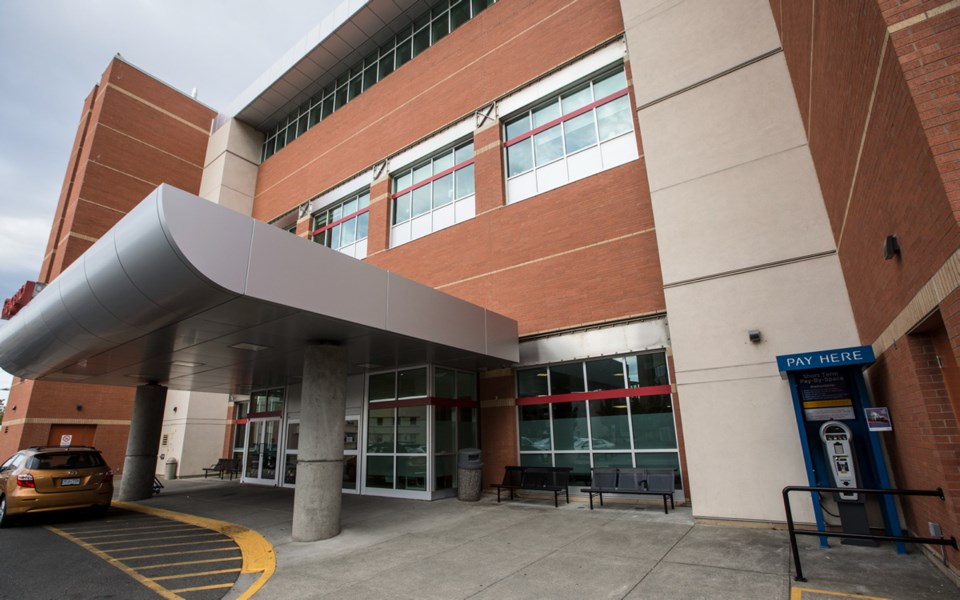Retired judge Mary Ellen Turpel-Lafond’s report into systemic racism in B.C.’s health-care system interviewed hundreds of people and surveyed thousands of Indigenous people and health workers. Here are some of the incidents of racism detailed in the report:
Turpel-Lafond outlined in detail the case of 23-year-old Connor Sutton, a member of the T’Sou-ke Nation and a member of the Canadian Armed Forces who was refused care at the Cowichan District Hospital.
Sutton went to the hospital in June with chest pains, nausea, vomiting, speech difficulties, shortness of breath and disorientation. He was admitted to hospital and doctors determined a hole in his esophagus was causing the chest pains. He was discharged the following morning with antibiotics.
When he began experiencing the same symptoms, along with significant mental distress, he went back to the hospital and begged to be admitted. He said hospital staff refused to admit him and instead told him to find a homeless shelter. Sutton returned later that evening to try again, but a dispute ensued and a security guard restrained Sutton against a wall. He said he hit the security guard in self-defence, which led to the RCMP being called.
His father drove him to Royal Jubilee Hospital in Victoria where he was admitted to the emergency room. Five days later, he transferred from the cardiac intensive care unit to the psychiatric intensive care unit. His family said they were not given updates on his condition, his medication or reason for being committed to the psychiatric ward. His family pushed for a psychiatric hearing and Sutton was eventually released into the care of the Canadian Forces out of CFB Esquimalt. His family is still struggling to access the case notes, charts and physicians’ orders that led to Sutton being transferred from cardiac ICU into the psychiatric ICU.
The family said they were pleased with the Indigenous liaison they worked with, but felt the liaison had no real power to help them find answers. “They feel they were treated as second-class citizens by facility medical staff,” the report found.
The report also detailed a case where a Métis woman in her 60s was treated so poorly by ambulance and hospital staff, the next two times she needed emergency medical treatment, she drove herself to the hospital.
An obstetrician who participated in the review described witnessing the terrible treatment of an Indigenous woman who has a history of trauma and sexual assault. The woman was attending a B.C. hospital to have a child by C-section and the obstetrician witnessed an anesthesiologist manhandling and yelling at the patient. The same anesthesiologist later made the statement that “people like her should be sterilized.”



